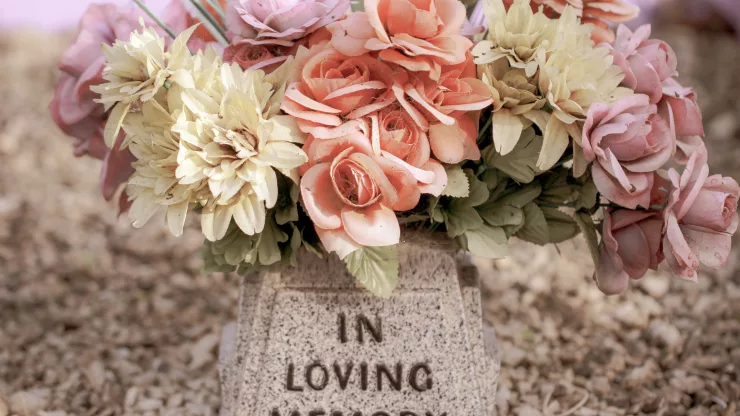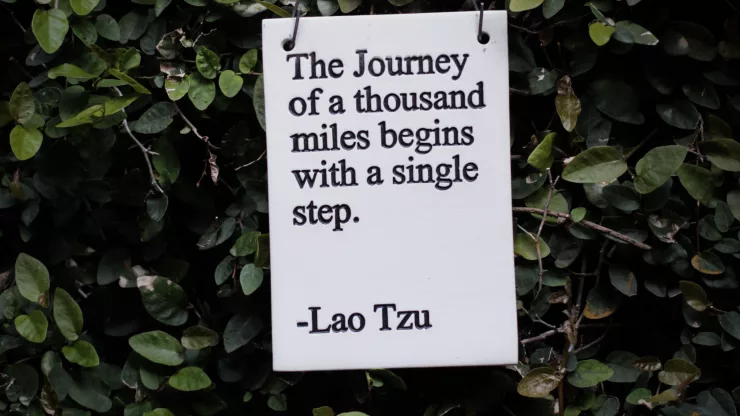Dealing with Stress and Anxiety: A Transition Towards Wellness
Stress and anxiety are common experiences for people of all ages. While some level of stress is normal, chronic stress and anxiety can negatively impact our mental and physical health.
It is important to understand the causes and symptoms of stress and anxiety, as well as effective coping strategies and lifestyle changes that can promote resilience and wellness.
Jump to Section
Understanding Stress and Anxiety
Stress is a natural response to demands or threats in our environment. It can be caused by both positive and negative experiences, such as starting a new job or experiencing a traumatic event.
Anxiety, on the other hand, is a persistent feeling of fear or apprehension, often without a specific trigger. Both stress and anxiety can lead to physical symptoms such as headaches, fatigue, and muscle tension.
Identifying Triggers and Symptoms
Identifying the triggers and symptoms of stress and anxiety is an important step in managing these experiences. Triggers can be external, such as a deadline at work, or internal, such as negative self-talk.
Symptoms of stress and anxiety can vary from person to person, but may include racing thoughts, difficulty sleeping, and changes in appetite.
Keeping a journal or using an app to track triggers and symptoms can be helpful in identifying patterns.
Coping Strategies for Immediate Relief
When experiencing stress or anxiety, it is important to have coping strategies for immediate relief. These may include:
- Deep breathing exercises
- Progressive muscle relaxation
- Mindfulness meditation
- Taking a break or engaging in a relaxing activity
- Talking to a trusted friend or family member
Building Resilience with Lifestyle Changes
In addition to immediate coping strategies, lifestyle changes can help build resilience to stress and anxiety. These may include:
- Regular exercise
- Balanced nutrition
- Adequate sleep
- Time management
- Social support
Seeking Professional Help and Support
If stress and anxiety are impacting daily life, it may be helpful to seek professional help and support. This may include therapy, medication, or a combination of both.
It is important to find a qualified mental health professional who can provide personalized treatment and support.
Embracing a Holistic Approach to Wellness
A holistic approach to wellness recognizes the interconnectedness of physical, mental, and emotional health. This may include:
- Mind-body practices such as yoga or tai chi
- Creative expression such as art or music therapy
- Spiritual practices such as meditation or prayer
- Self-care practices such as journaling or taking a relaxing bath
FAQ
What is the difference between stress and anxiety?
Stress is a natural response to demands or threats in our environment, while anxiety is a persistent feeling of fear or apprehension, often without a specific trigger.
What are some coping strategies for immediate relief of stress and anxiety?
Coping strategies may include deep breathing exercises, progressive muscle relaxation, mindfulness meditation, taking a break or engaging in a relaxing activity, and talking to a trusted friend or family member.
How can lifestyle changes promote resilience to stress and anxiety?
Lifestyle changes such as regular exercise, balanced nutrition, adequate sleep, time management, and social support can help build resilience to stress and anxiety.
OUTRO:
By understanding the causes and symptoms of stress and anxiety, as well as effective coping strategies and lifestyle changes, we can transition towards wellness and promote resilience.
Seeking professional help and embracing a holistic approach to wellness can also be beneficial in managing stress and anxiety.
Remember, it is important to prioritize self-care and seek support when needed.

With a deep passion for personal development, Ben has dedicated his career to inspiring and guiding others on their journey towards self-improvement.
His love for learning and sharing knowledge about personal growth strategies, mindfulness, and goal-setting principles has led him to create My Virtual Life Coach.
Contact Ben at [email protected] for assistance.




